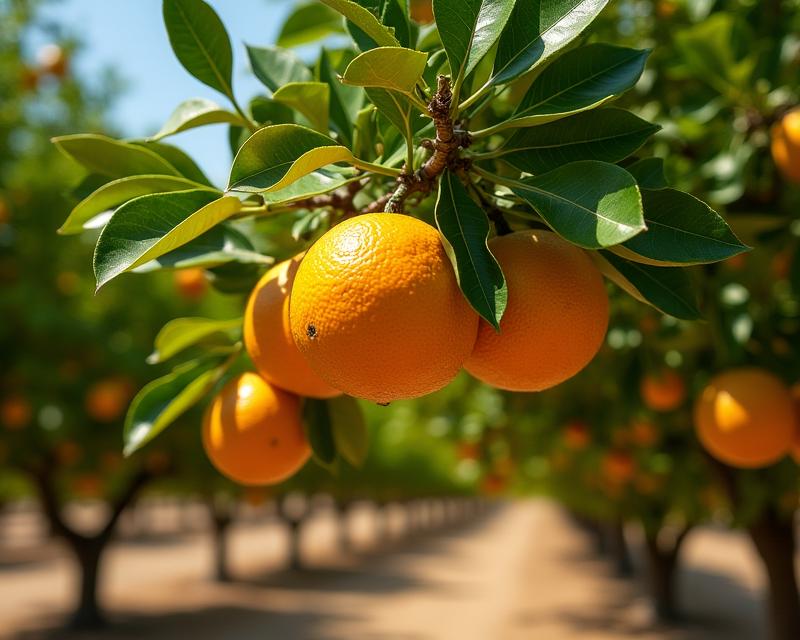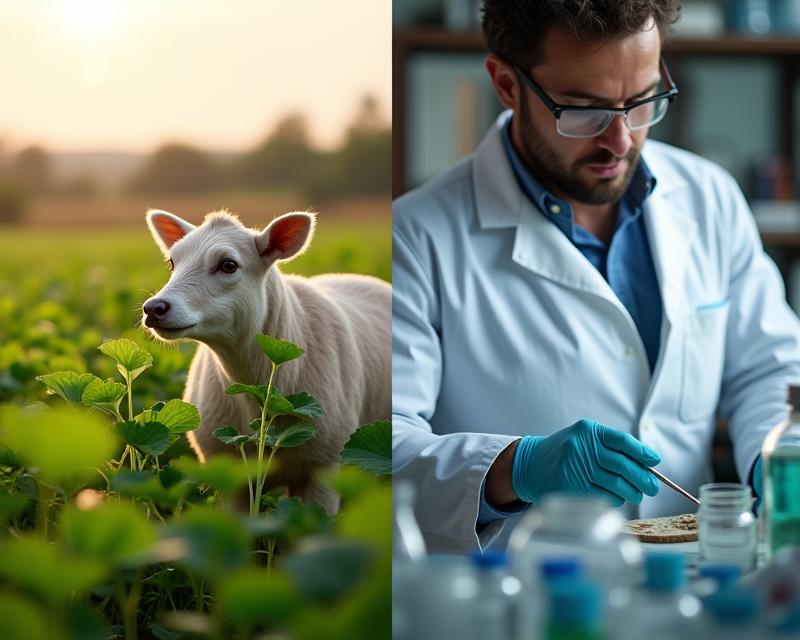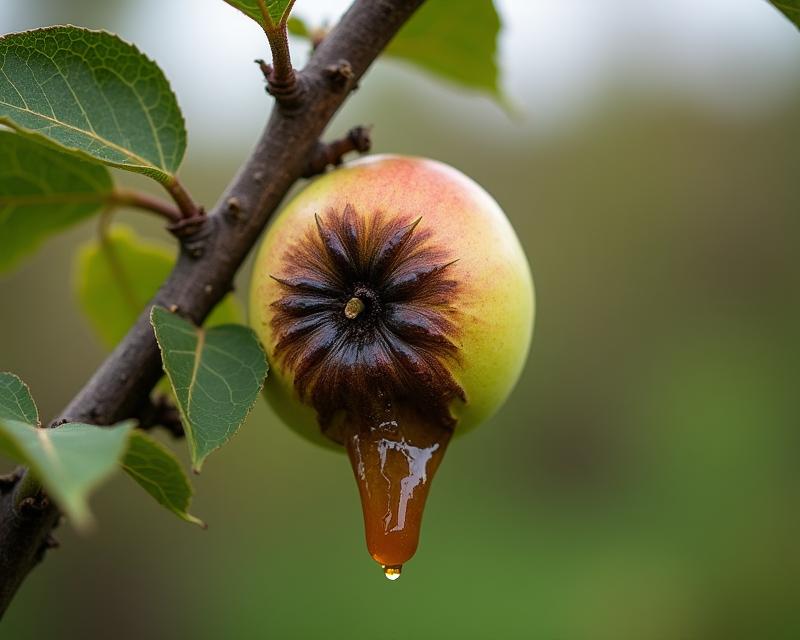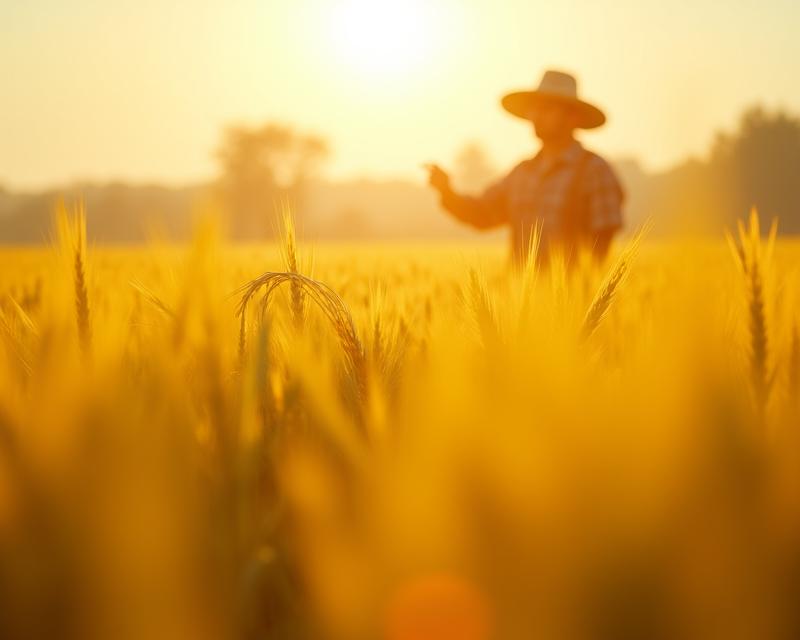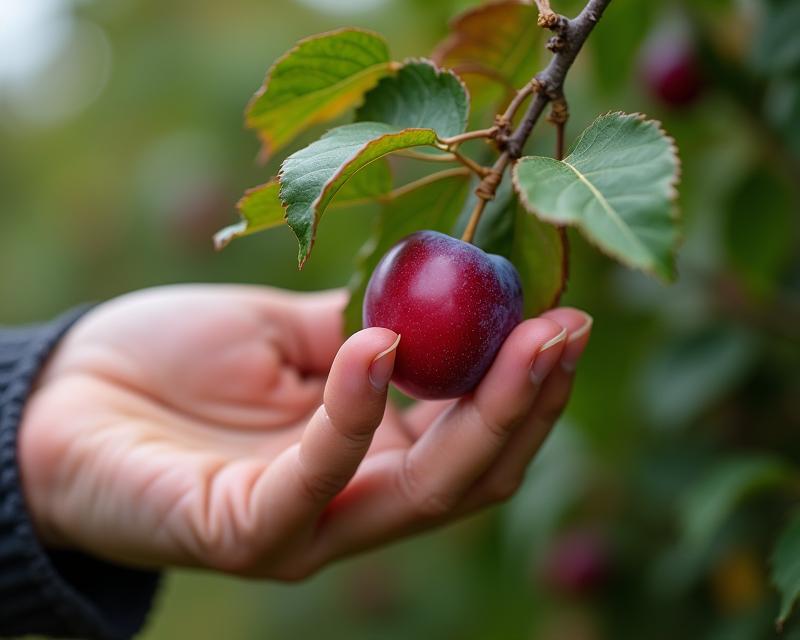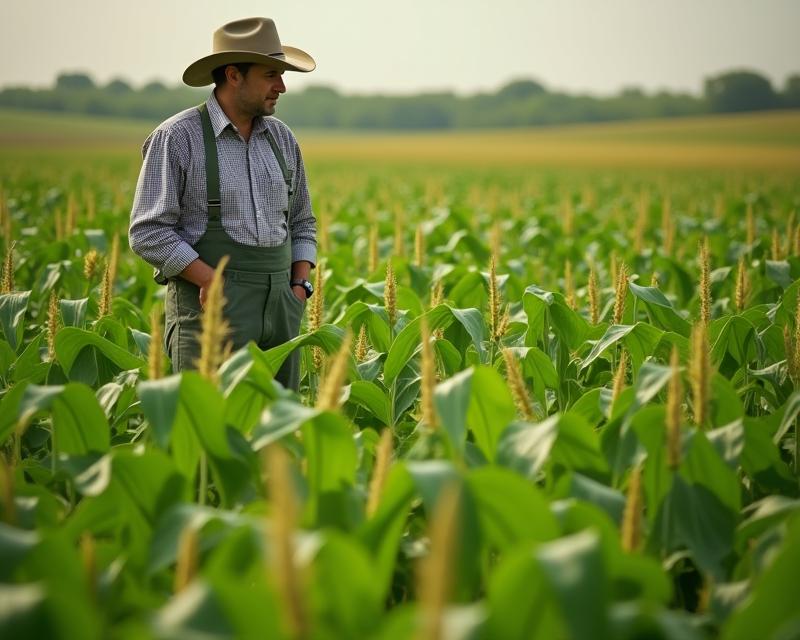Mama Sara: Incan Maize Goddess
Publish in Crops el 21/07/2025 00:48
Mama Sara: The Incan Maize Goddess
For centuries, farmers across the Andes Mountains have held a deep reverence for the maize plant. It wasn't just a food source; it was a lifeline, a symbol of prosperity, and a connection to the divine. Central to this reverence is the legend of Mama Sara, the Incan goddess of maize. Understanding these ancient myths can offer a fascinating perspective on the importance of crops and the cyclical nature of agriculture – lessons that resonate even today.

In Incan mythology, Mama Sara wasn't just a deity; she was the mother of humanity, born from the tears of Inti, the sun god, and the earth goddess Pachamama. Legend says she sacrificed herself to provide sustenance for humankind. Her body transformed into the first maize plant, ensuring that people would always have food. This sacrifice highlights the profound connection between the earth, the gods, and the well-being of the community. The maize plant, therefore, became sacred, representing life, fertility, and abundance.
The Incan people developed elaborate rituals and ceremonies to honor Mama Sara. These weren't just religious practices; they were practical ways to ensure a successful harvest. Farmers would offer prayers and gifts to Mama Sara, asking for her blessings and guidance. Specific planting and harvesting times were carefully determined based on astronomical observations and traditional knowledge, all aimed at aligning with Mama Sara's influence. These practices demonstrate a deep understanding of the agricultural cycle and a respect for the power of nature.
Even today, the legacy of Mama Sara lives on in the Andean communities. Traditional farming practices often incorporate elements of these ancient rituals. The maize plant remains a cornerstone of the diet and culture, and the reverence for the land persists. Learning about Mama Sara isn't just about history; it's about recognizing the enduring importance of sustainable agriculture, respecting the cycles of nature, and acknowledging the profound connection between humans and the food we grow. It reminds us that successful farming isn't just about technique; it's about honoring the earth and the traditions that have sustained us for generations. Consider incorporating these ancient principles into your own farming practices – a little respect for the past might just yield a bountiful future!
